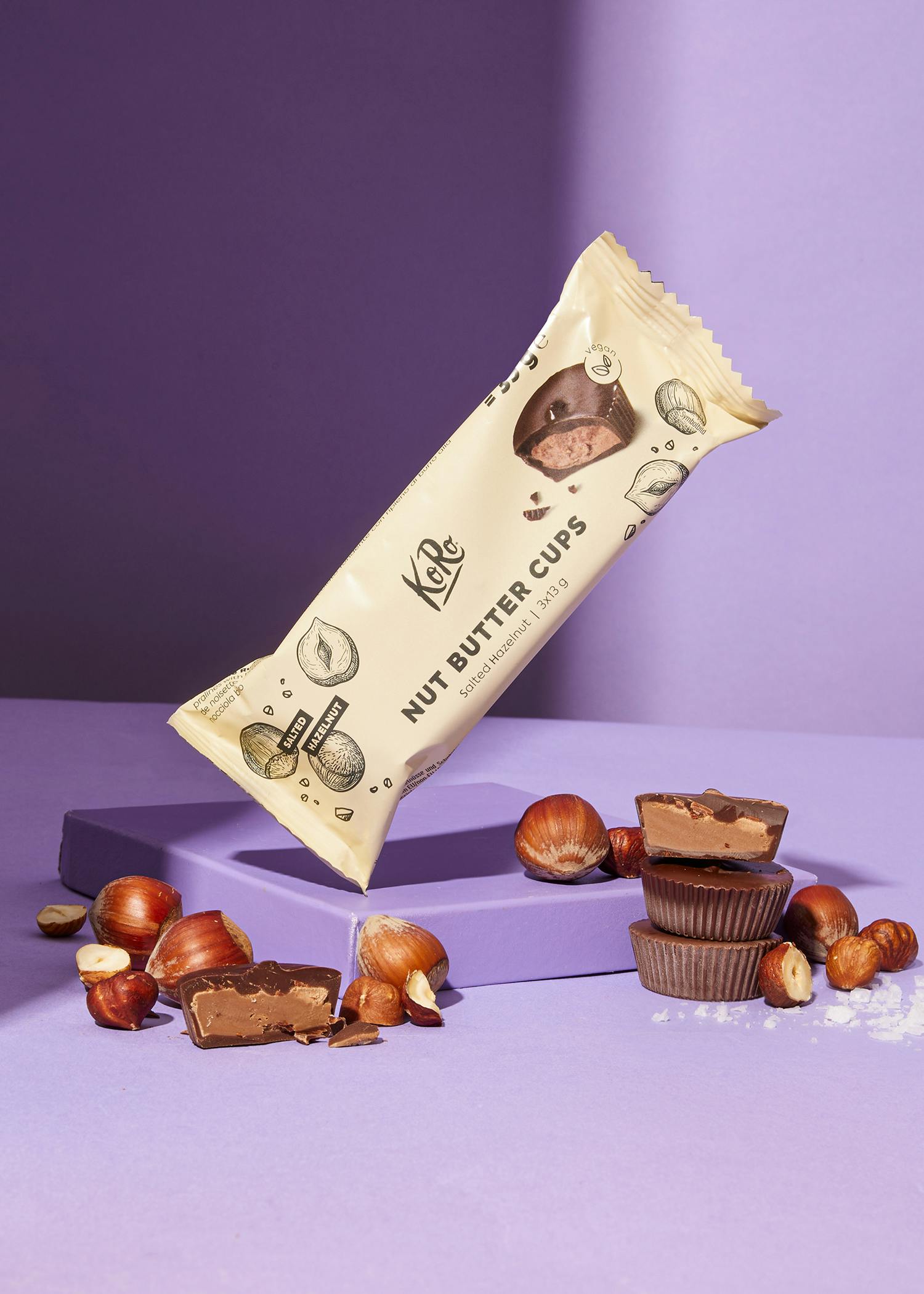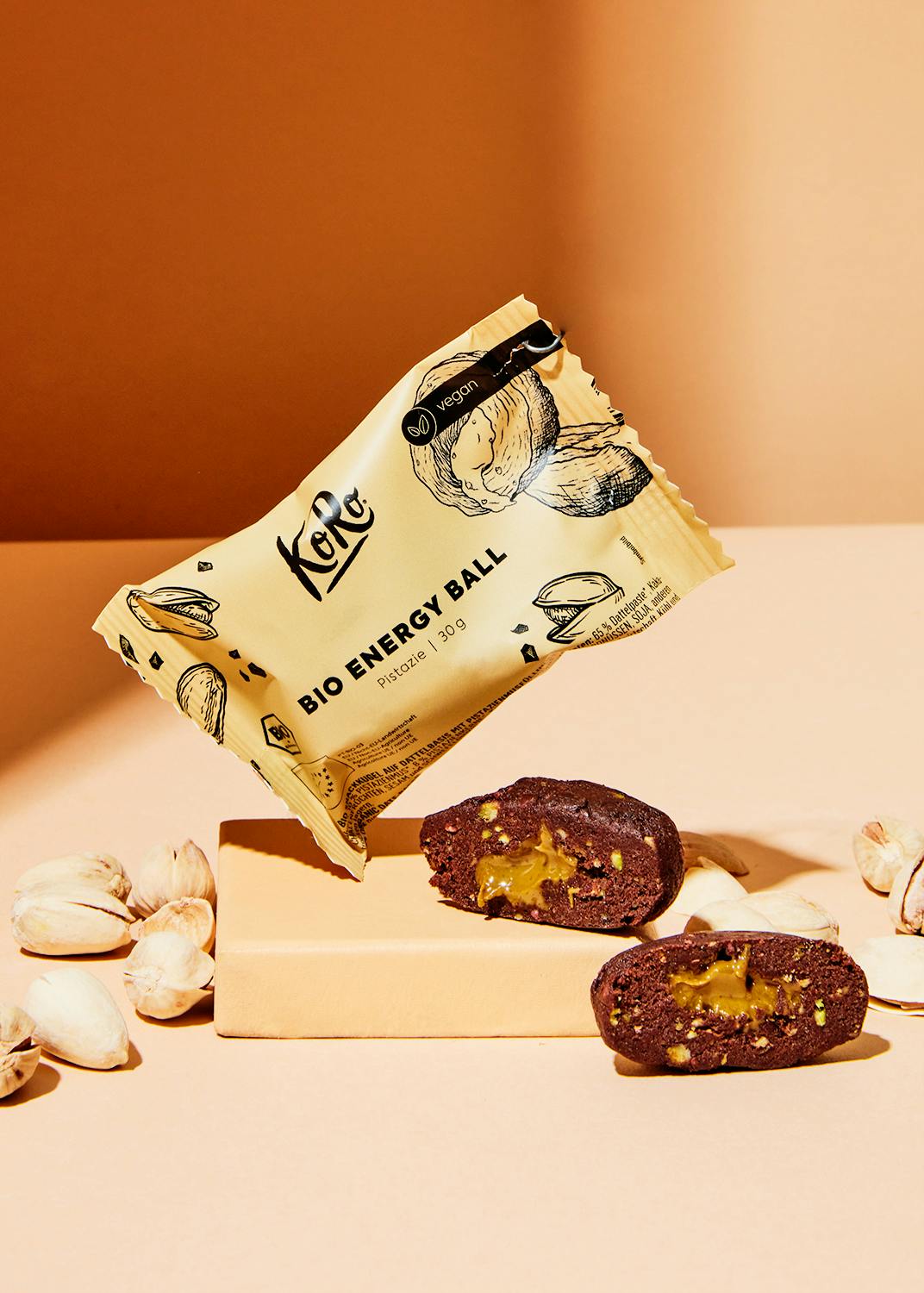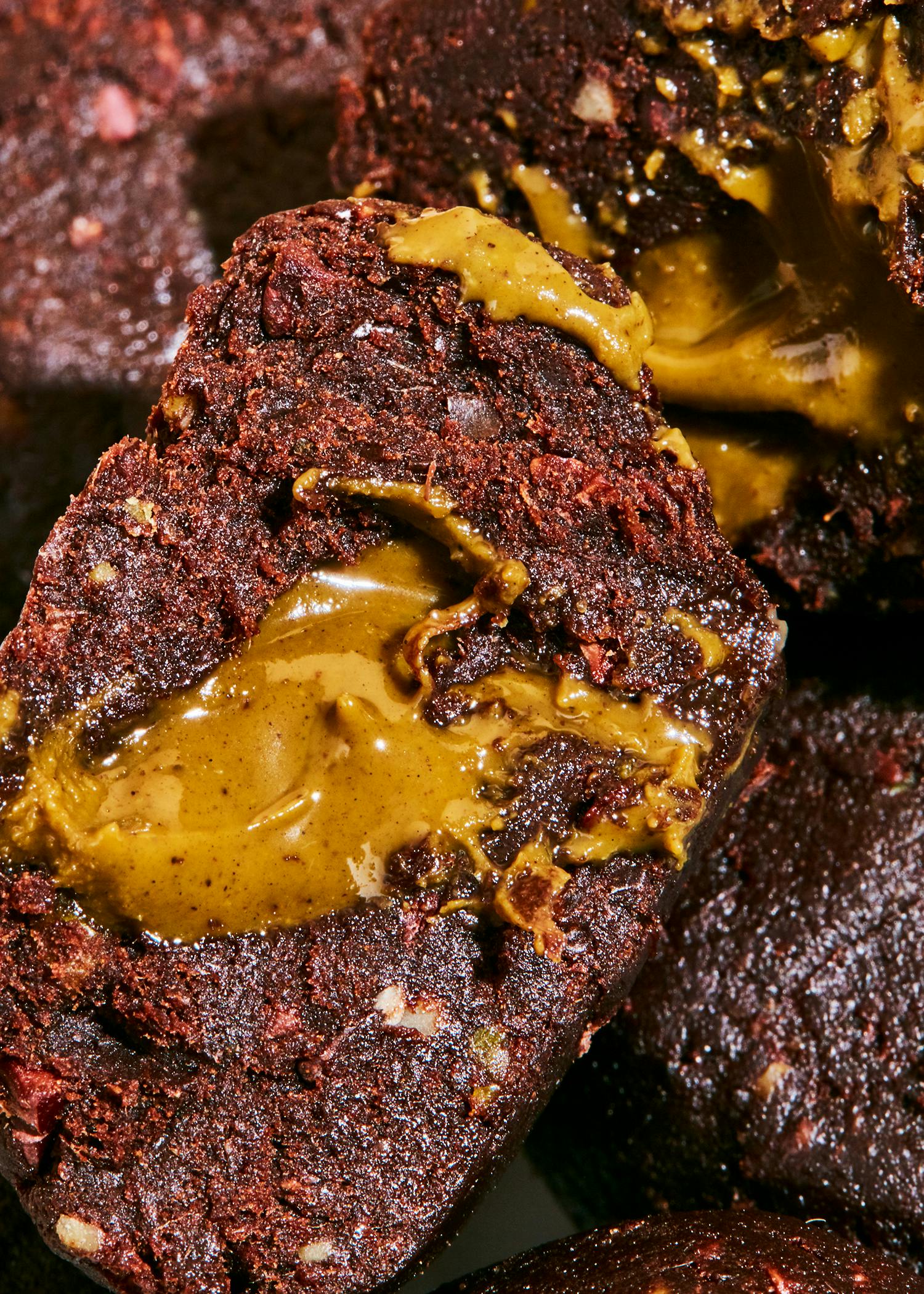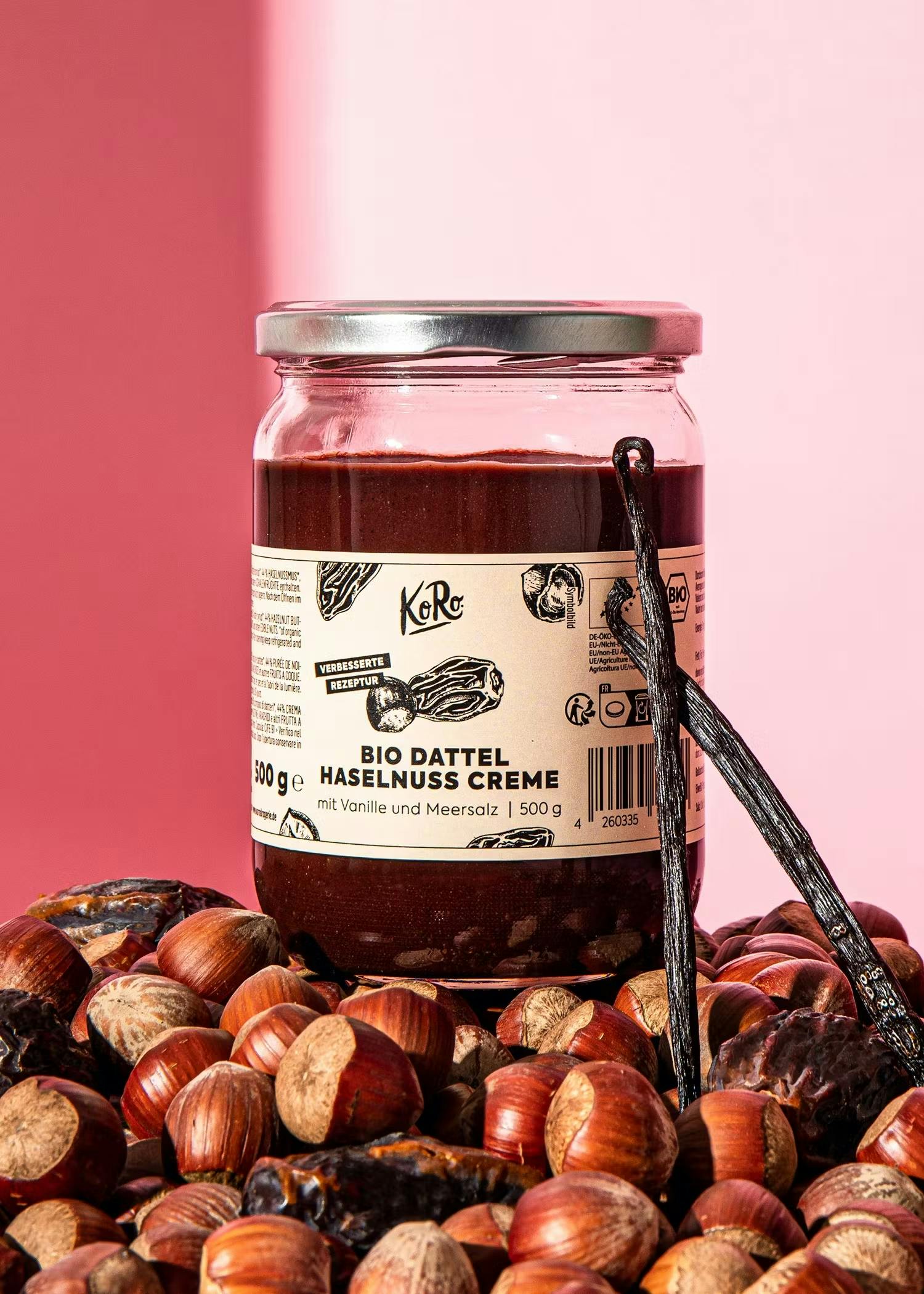Next up is our Head of Sustainability, Christina:
What role does sustainability play in sourcing?
Sustainability is a key issue for the sourcing team. The basic idea of bulk packaging has existed since the company was founded, as has the idea of keeping supply chains as short as possible. We try to keep these as short as possible and avoid unnecessary intermediate steps, such as repackaging food. As this is the origin of the company, sustainability has long been of particular importance. This is also reflected in the high proportion of organic and vegan products in our range. The health aspect in a broader sense is also part of sustainability, which is addressed, for example, by keeping ingredient lists as short as possible and using natural products. However, we are also working on many other topics in the sourcing area relating to sustainability, but to name them all here would go too far.
Where are you integrated into the sourcing process?
Initially, of course, it is the selection of raw materials that is taken into account in terms of sustainability. For example, when it comes to sustainability risks associated with raw materials and possible certifications or similar, such as for chocolate. For example, we are currently carrying out risk analyses in relation to our products and the most critical raw materials. We are also involved in the selection of more sustainable packaging alternatives. Another item on our agenda is the creation of overarching guidelines and documents to anchor the topic of sustainability more systematically in purchasing. This could include questionnaires for suppliers and a sustainable sourcing policy. This concerns the entire sourcing process and will define the cooperation between the two teams even more strongly in the future.
Are there areas of responsibility in your department that outsiders often don't associate directly with sustainability?
My first thought on this is that many people tend to think of environmental issues when they think of sustainability, although it is just as much about social sustainability. However, these topics are equally important. By social issues, we mean both labor standards in the supply chains of our products and human resources issues. The latter are of course planned and implemented by our KoRo People team. Sustainability really encompasses many areas of a company and not all projects are managed directly by us, but are merely brought together by us as part of sustainability reporting and strategy.
What sustainability goals do you have for KoRo's product range and how are these already being implemented?
We currently have goals and projects in three main areas: Raw materials, packaging and the
CO2 footprint
of our products.We are currently carrying out a risk analysis for raw materials. Our aim is to look at a total of 70 raw material-country combinations, such as cocoa from Peru, as part of this analysis. We have already achieved more than 20 of these combinations! Decisions on measures such as the certification of selected raw materials are then made on the basis of these results. For example, we only want to use 100% RSPO-certified palm oil ("Roundtable on Sustainable Palm Oil") in the very few products in which we still use palm oil at all. We are also currently looking at other certification options for coffee and cocoa.
With regard to our packaging, we are aiming to find more sustainable alternatives for our Doypacks and selected snack packaging as a first step. Last year, we already managed to eliminate the additional tray in which the snack was previously packaged for our energy balls and reduce the amount of packaging overall.
We have already calculated the product carbon footprint for more than 80 products and shared it on the website. Our next goal is to compare these products with everyday products in order to create an easily understandable ratio for customers. Of course, the
CO2 footprint
will also be calculated for other products in the future.Which KoRo product is your go-to snack and why?
I find this question very difficult! Our date hazelnut cream is right at the top of the list. It brings back childhood memories for me - but it's organic, vegan and has a short list of ingredients. The second thing that comes to mind are the Nut Butter Cups, because I simply love nut butter and dark chocolate.







